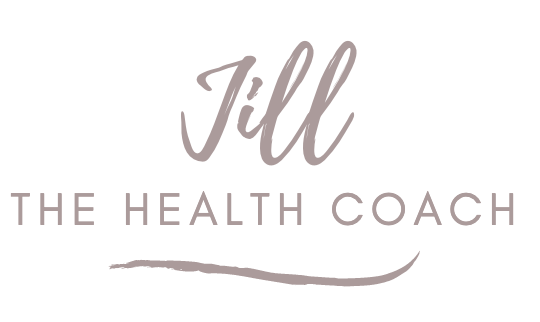Food For Thought
Have you ever looked in the pantry and then completely blanked on what you were looking for? How about milling around for those car keys? Perhaps you came back from the market with things you “needed” without the one thing you went there for in the first place? While none of those have happened to me yet (yeah, right!), many of us are struggling with these little brain blips more than we want to admit. Is it just a sign of age or can we really do anything about it?
Most importantly we need to feed our brain better. It’s easier to feed our brain when we know what it is made up of in the first place and what it needs to function. Our brain is actually made up of 60% fat. We specifically need essential fatty acids which our bodies cannot make on their own, so we have to obtain them from our diet. As a matter of fact, many studies have shown that patients with Alzheimer’s, Dementia, Parkinson’s and other neurological disorders are deficient in the essential fats the brain needs. Yes, throw those low-fat diets out the window as they don’t work in the long run and they actually do more harm than good.
Of course, the key is to eat the right type of fat. Most of us are deficient in Omega 3 fatty acids which are anti-inflammatory and even help stave off disease in addition to aiding in brain health. Examples of Omega 3 fatty acids are found in one-ingredient foods such as fish, nuts, vegetables, dark colored berries and olive oil. Supplements such as fish oil and cod liver oil are greatly recommended to help fill the gap as well. The fats to stay away from that seem to dominate our western diet are in processed foods such as trans fats found in partially hydrogenated oils, margarine and shortening and vegetable oils.
There is also much supported research that an imbalance of Omega-3 and Omega-6 fatty acids may lead to a variety of mental disorders, including hyperactivity, depression, ADHD, brain allergies, and schizophrenia. A balanced ratio of the two fatty acid families (omega-3 and omega-6) is necessary for a healthy brain, which is structurally composed of a 1:1 ratio of omega-6 to omega-3. Western diets, however, tend to have at least twenty times more omega-6 fats (from meat, dairy and processed foods) than omega-3 fats (fish, flax seed oil, nuts)- an unhealthy ratio of 20:1.
This imbalance can be corrected by eating more Omega-3-rich fish, olive oil and flax seed oil, by eating less sugar, and by completely avoiding trans fatty acids found in partially-hydrogenated oils, margarine, and shortening. In fact, to err on the side of safety, avoid “supermarket” oils and salad dressings unless they are clearly labeled “cold-pressed” – or in the case of olive oil, “extra virgin.”
Try some of these Brain Super Foods for yourself:
- Wild Salmon- Great source of Omega 3 essentail fatty acids
- Blueberries- these high powered antioxidants offers protection from oxidative stress and may reduce effects of age-related Alheimer’s and Dementia
- Walnuts- filled with Omega 3 essentail fatty acids, they are also a great source of Vitamin E in which studies have shown that higher levels of E correspond to less cognitive decline. There is a reason walnuts are actually shaped like a brain!
- Avocados– great monounsaturated fat which also contributes to healthy blood flow
- Coconut Oil- this medium chain triglyceride is easily absorbed with studies showing that it may help stave off Alzheimer’s and Dementia
|
|
|
All material in this newsletter is provided for information only and may not be construed as medical advice or instruction. No action or inaction should be taken based solely on the contents of this publication;instead readers should consult appropriate health professionals on any matter relating to their health and well-being. The information provided has not been approved the Food & Drug Administration and is not intended to diagnose, treat, cure, or prevent any illness or disease.
|
|
|
|
“It is our choices that show what we truly are
far more than our abilities.” Live well and love more, Jill Gordon
CHHC, HHC, CNHP,
Digestive Health Specialist
|


